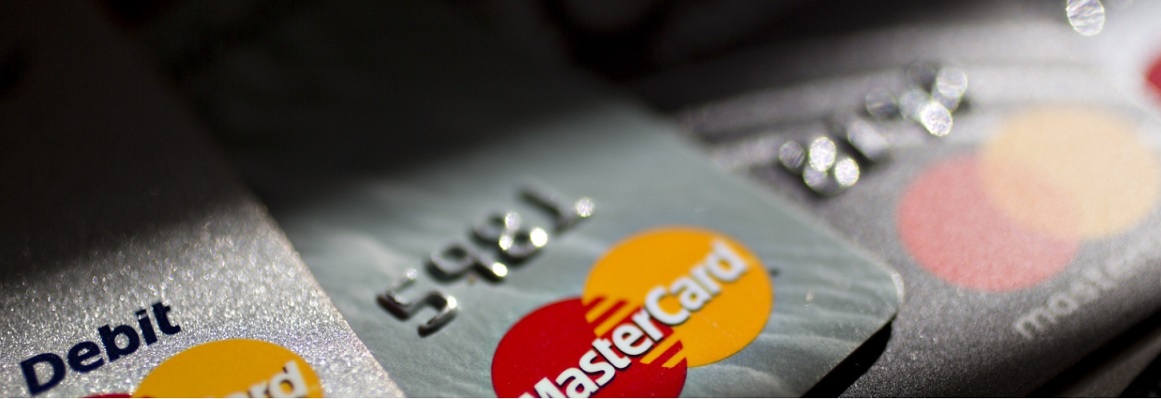
Six billion payments cards are produced each year, typically from PVC. These cards are replaced on average every three to four years, with discarded cards going to landfills across the world.
As consumers look for ways to help tackle climate change through their own positive actions, many are limiting their use of single-use plastics. To address this growing concern, Mastercard has worked with global industry players to develop a sustainable card program for all card issuers globally.
A new directory of sustainable materials and vendors for card products aims to make sustainable choice the preferred option for all financial institutions worldwide and drive enhanced innovation.
„Today, Mastercard’s sustainable card offerings are available to consumers in over a dozen countries globally and more than 60 financial institutions have issued cards with approved materials made from recyclable, bio-sourced, chlorine-free, degradable and ocean plastics,” according to the press release.
These institutions include Crédit Agricole and Mauritius Commercial Bank, as well as Santander, which will issue cards shortly. With this resource, banks can learn more about these alternatives, connect to card manufacturers and ultimately augment their own sustainability initiatives with a systemic change to their supply chain.
This initiative is a new milestone in a multi-year effort that will lead to the launch of Mastercard’s global certification scheme for approved sustainable cards. It builds on the Greener Payments Partnership (GPP) formed by Mastercard and card manufacturers Gemalto, Giesecke+Devrient and IDEMIA in 2018 to establish environmental best practices and reduce first-use PVC plastic in card manufacturing.
“Our goal is simple: we want to help banks offer more eco-friendly cards to consumers, and we are taking concrete steps to bring about that change. This way, everyone benefits – it’s better for the environment, it’s better for business and it meets evolving consumer needs,” says Ajay Bhalla, president of Cyber & Intelligence, Mastercard. “We’re excited to see our efforts gaining traction in so many parts of the world and hope more organizations will join us, as we collectively use our power for good to address these urgent environmental challenges.”
Mastercard’s Global DigiSec Lab in the UK, which works to maximize product innovation and security investments, has invested in technology that analyses the material makeup of a card to assess environmental claims on behalf of the industry, so that customers can be confident that any Mastercard they are issuing from a sustainable material has been evaluated and independently verified. In addition, the Lab is investing in leading academic research related to environmentally friendly ways to recycle existing plastic cards.
Banking 4.0 – „how was the experience for you”
„To be honest I think that Sinaia, your conference, is much better then Davos.”
Many more interesting quotes in the video below: